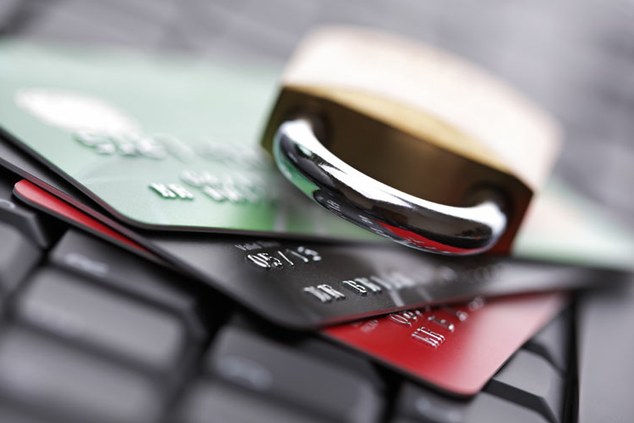
Before entrusting your money to the bank, it would be good to make sure that they will be safe and sound there, and the bank itself will not go bankrupt in a couple of months. The reliability of a bank is usually understood as its ability to fulfill its obligations to depositors and creditors.
To find out whether a particular bank is reliable, it is worth analyzing information about its assets and operating activities, as well as paying attention to various ratings and customer reviews. In this article, we will look at several ways in which you can determine the reliability of a bank.
Information background
, . , - , .
, , , , , , .
, , . , . (, 15%) , .
, , , , 30 . (50-80%), – 25%, – 10%. – , .
– , . : , . ( , « »), (Standard & Poor's, Moody’s, Fitch).
, . – . , –
. 1,4 – .
In some cases, newly opened banks may also offer higher deposit rates to attract customers, but their reliability may also be in question. In any case, it is necessary to soberly assess all the risks before agreeing to such offers.